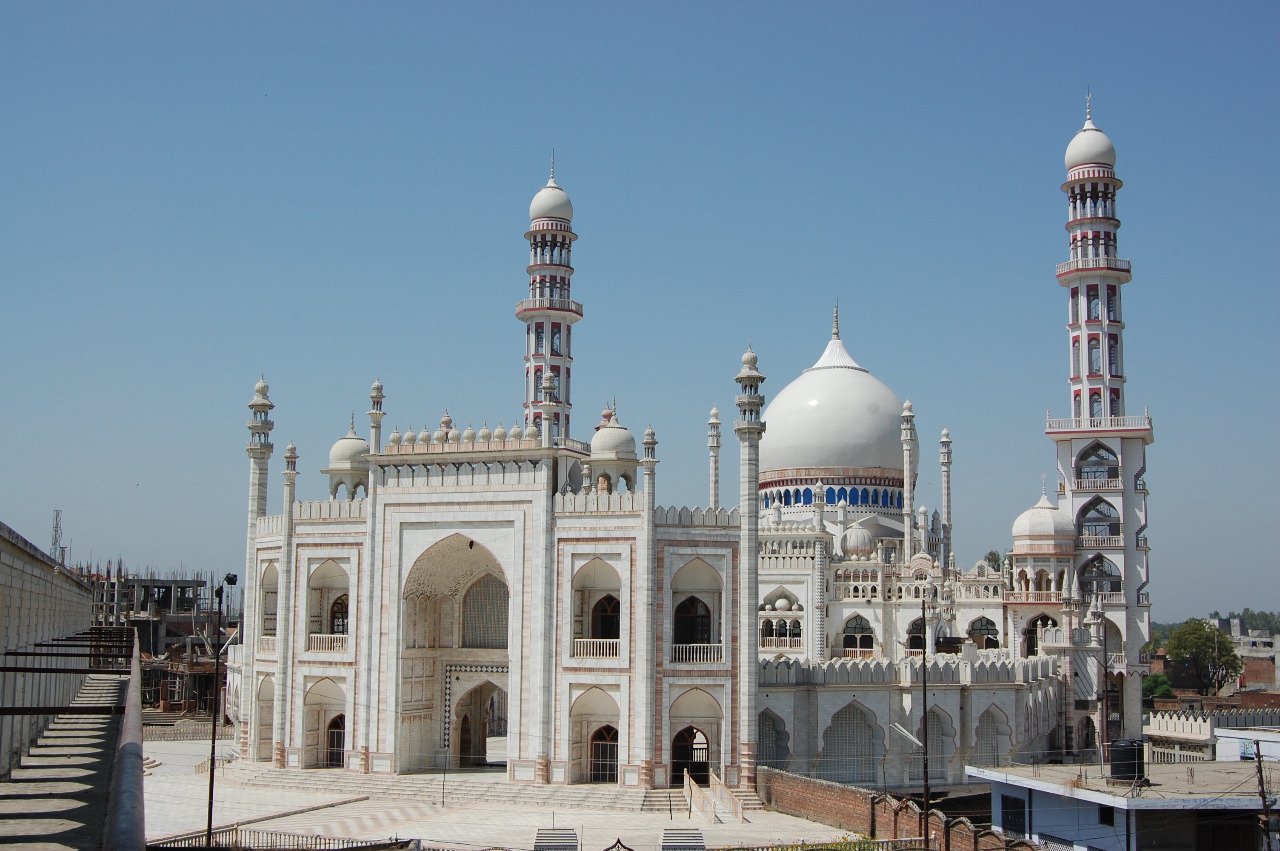
About Darul Uloom Deoband
The Legacy of Darul-Ulūm Deoband: Preserving Islamic Heritage
Established in 1866 in Deoband, India, amidst the challenges of British colonial rule, Darul-Ulūm Deoband stands as a monumental institution in the history of Islamic education. Its foundation was driven by a compelling need to safeguard Islamic knowledge and traditions, offering a beacon of hope and revival for Muslims under colonial dominance.
A Visionary Beginning
The seminary was conceived by visionary scholars, including Maulana Qasim Nanotvi and Maulana Rashid Ahmad Gangohi, who foresaw the importance of an educational institution that could serve as a fortress for Islamic values. Unlike other institutions of its time, Darul-Ulūm Deoband was uniquely community-funded, emphasizing the collective responsibility of Muslims to uphold their faith and intellectual heritage.
Educational Philosophy
Darul-Ulūm Deoband's curriculum expertly merges religious and secular studies, rooted in the deep understanding of Quranic exegesis, Hadith, Islamic jurisprudence, and the principles of Islamic faith. It stands out for its commitment to the purity of Islamic teachings, free from the contamination of innovations (bid'ah), ensuring a comprehensive understanding of Islam that is both profound and practical.
Darul-Ulūm Deoband Today
Today, Darul-Ulūm Deoband is not just an educational institution but a symbol of the enduring spirit of Islamic scholarship. It remains a central hub for those seeking an authentic understanding of Islam, drawing students and scholars from across the globe.
Darul-Ulūm Deoband's legacy is a testament to the power of faith, community, and unyielding commitment to the preservation of Islamic heritage. It stands as a beacon of knowledge, spirituality, and resistance against the erasure of Islamic identity, embodying the hope and revival of the Muslim Ummah.